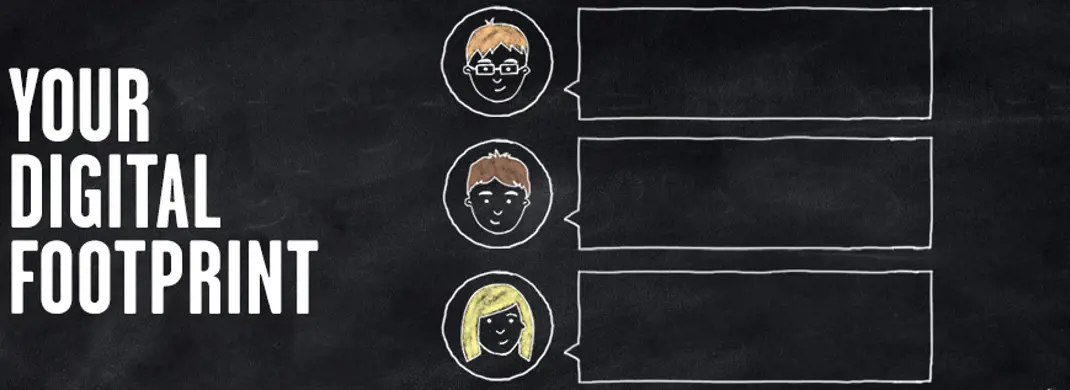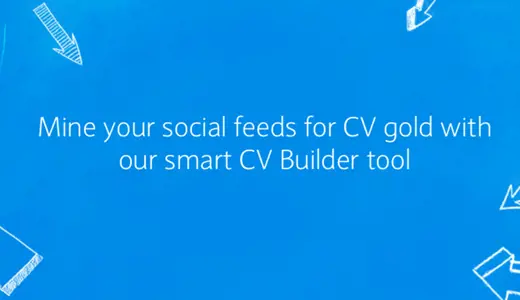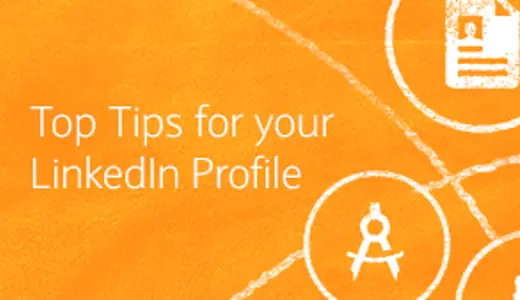Your digital footprint
It’s a slightly scary thought, but any thoughts or opinions you put online could be there forever. Just as you would check out a business you want to work for, they can just as easily research you (hey, fair’s fair) – so it’s a good idea to make sure your digital footprint shows you in the best light.
According to a 2014 Jobsite Social Recruiting Survey, 93% of recruiters check a candidate’s social profiles before making a hiring decision.
If a prospective employer searched for your name, what might they find? And is there anything on Facebook or Twitter you wouldn’t want your future boss to see?
There are ways you can make your social profiles more appropriate. On Twitter and Instagram, you can protect your tweets, or set your photos to private, meaning only people you approve can see what you post (although old tweets may still be found). And you can change your Facebook privacy settings to control who sees what.
Make sure your footprint sends the right message about who you are – no matter who’s reading.



